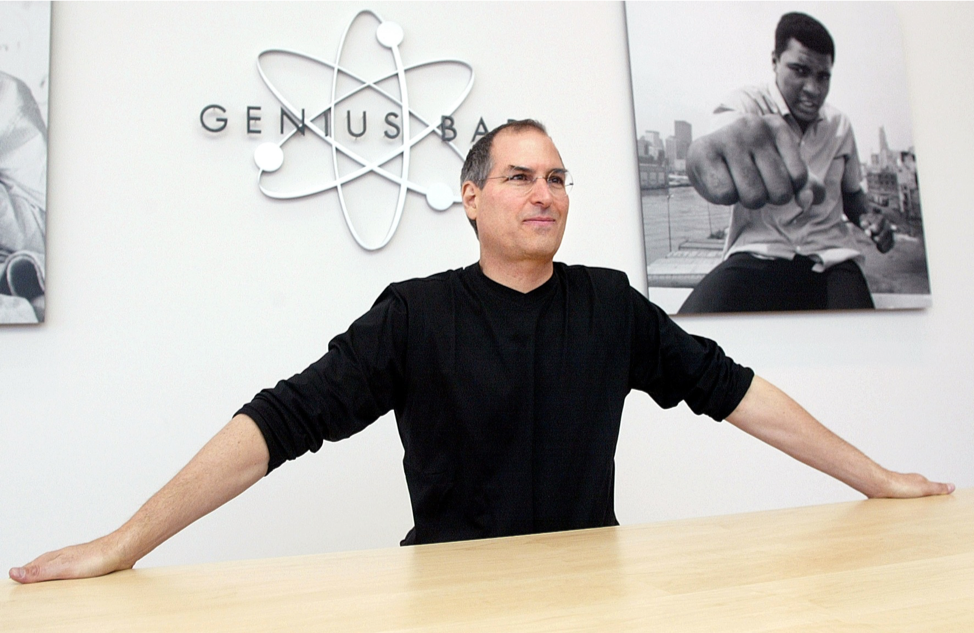An organization called the Business Roundtable has recently released a document calling for the modernization of the business mission. Apple, Amazon, and other corporate CEOs have signed this document. But it’s a big nothing-burger. That’s why they signed it.
The document tries to say that corporations should consider the impact of other long-term stakeholders such as workers and customers instead of simply maximizing shareholder value. They try to make these out as mutually exclusive and almost opposing goals. Here is a little of what they say:
Consequently, the organization's updated document states that corporations should look instead to how they deal with their employees, their suppliers, and the communities where they are based.—Business Roundtable
As Walter Williams so eloquently states, capitalism is all about serving your fellow man. Meaning that corporations can’t enrich their shareholders without serving their customers and treating their workers well.
One of the things that I’ve always liked about the App Store economy that Apple has created is that it creates budding new capitalists. These app developers are all little businesses who start to see the world through the lens of “they put in the work, they deserve the reward”. They see the imposition of Apple’s 30% commission or any other fee as an unfair tax. Why should these outside parties be entitled to any more of their labor than is necessary? The developers did the bulk of the work, they deserve the bulk of the reward.
Also, these developers learn quickly that you can’t screw your customers over and expect steady revenue to come in. There is too much competition. Sure, you may be able to trick them and reap a cash windfall in the short-term. But without happy customers, those sales will be gone just as fast. It’s not all that different with large corporations.
The single developer is the owner of his own business. He is analogous to the shareholders. Everyone forgets that the corporation maximizes shareholder value because…they own the business. They also shoulder all the risk. The CEO is a basically a hired manager. A CEO can’t tell the people who hired him that he is not going to look after their interests without expecting to be fired.
But again, maximizing shareholder value, is done through serving society. Money is a measure of service. There is no conflict between treating your customers and workers well and maximizing shareholder value.
What the Business Roundtable really needs to crusade for is to encourage corporations to take a long-term vs short-term view. But that’s not a problem of the goal. It’s a problem with management.
Well-managed companies take a long-term view towards planning and results. They know this leads to sustainable profit. Good managers and CEOs who plan long-term will setup their company for future success. They will be rewarded with more market share or responsibility.
Bad managers and bad CEOs take a short-term view on planning and profits. They live only for the next quarter. These people will ultimately fail and be culled from the system.
But even if you have bad shareholders who hire bad management what’s the worst case scenario? This corporation will destroy their brand, lose customers, and ultimately someone else will take their place. That’s the beauty of the free market. There is freedom of choice.
The CEOs who signed this document did so because the risk/reward ratio was right. There was little risk because they know that serving your customers and workers is essentially serving your shareholders. Not much will ever change since it’s all about semantics. But yet, they get some quick positive press for essentially committing to nothing. The shareholders know this too, that’s why they gave the CEOs permission to sign it.



 RSS Feed
RSS Feed